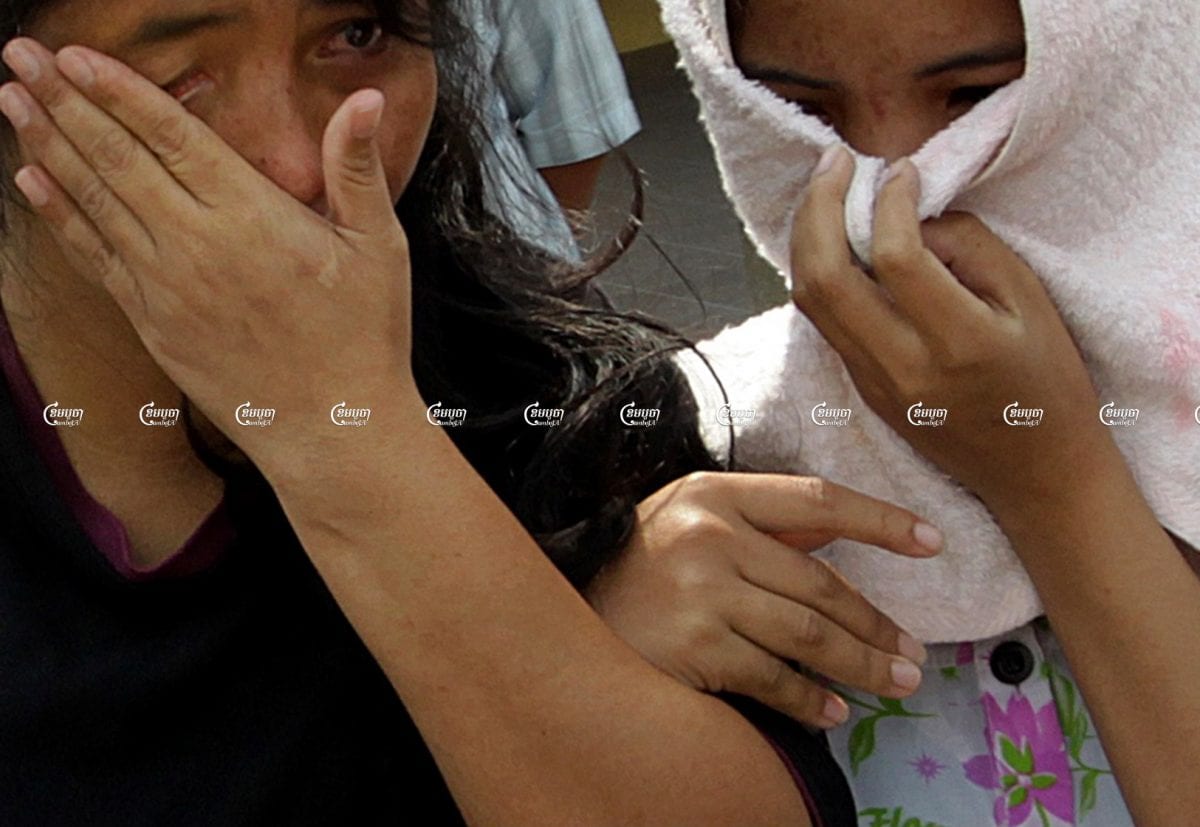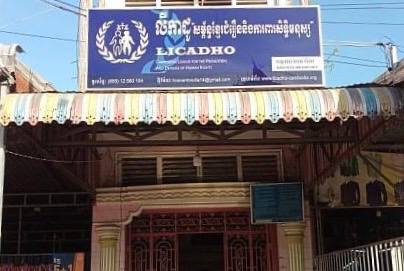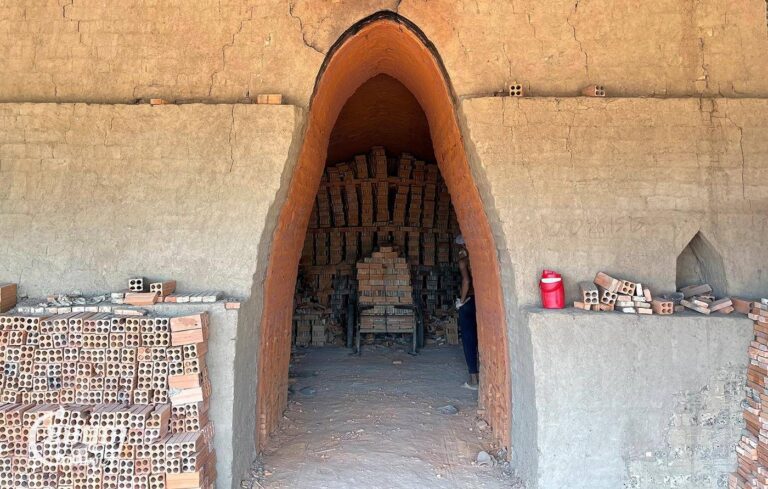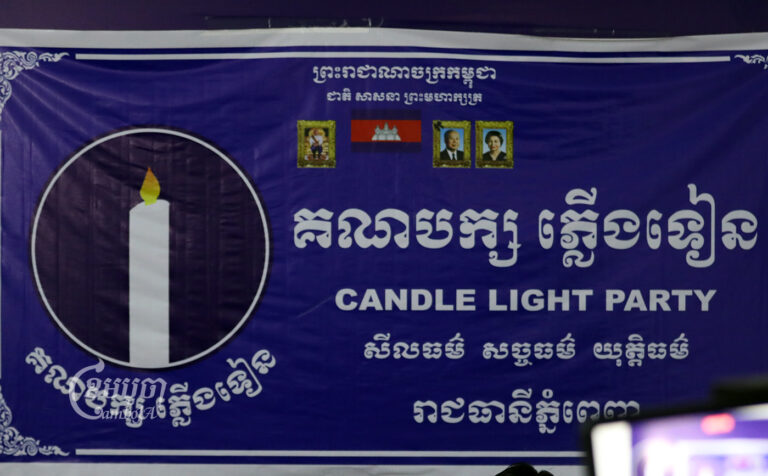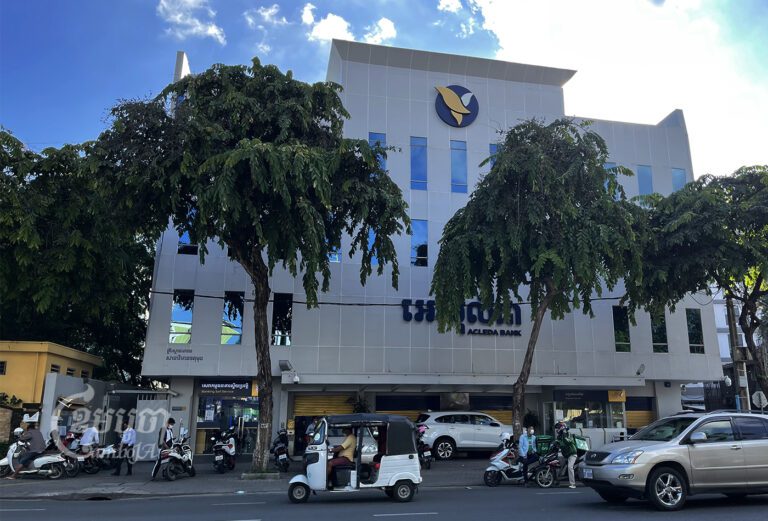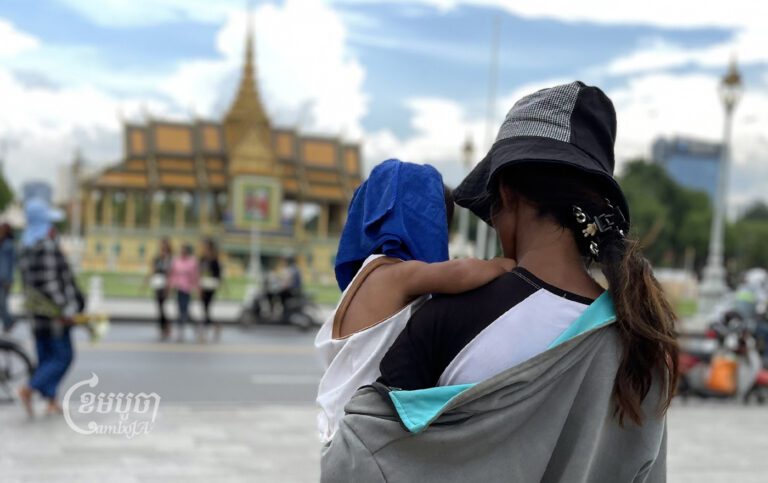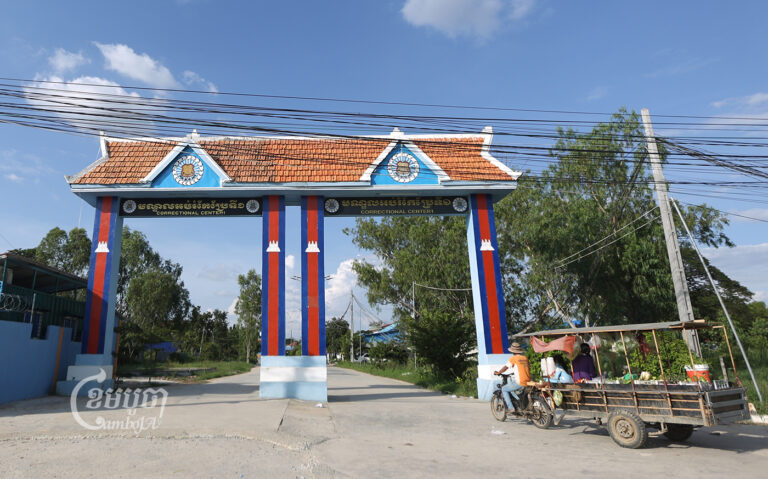For the third year in a row, the U.S Department of State put Cambodia on its Tier 2 watchlist in its Trafficking in Persons report, saying the Cambodian government does not full meet the “minimum standard” for the elimination of human trafficking due in part to “endemic corruption.”
Government officials responded by insisting that authorities are working hard in combating human trafficking, even as the country struggles amid the coronavirus pandemic.
Released last week, the 2021 report says that in 2020 Cambodian trafficking victims and “other vulnerable migrants” were repatriated from foreign countries. The group included victims of forced marriages, sex trafficking, and forced labor, particularly those enslaved on fishing boats.
Domestically, notes the report, “authorities often overlooked, denied, or downplayed labor abuses—including forced child labor—in factories and at brick kilns, and colluded with brick manufacturers to arrest, jail, and return indentured laborers who had attempted to escape.” It notes that more than 10,000 Cambodians, including 4000 children, work at such kilns, where forced servitude to repay debts has been well-documented.
“During the reporting period, Cambodian labor inspectors made no progress accessing construction sites to inspect potential forced labor abuses because—as some NGOs reported—construction company owners with political connections refused labor inspectors entry to construction sites.”
The report calls “endemic corruption at many levels of government” a key barrier to progress in fighting human trafficking. It highlights issues like instances of local police taking bribes or “or sexual favors from the victims” to protect sexual trafficking establishments and notes that raids were “sometimes unsuccessful due to advance warning from working-level police.” At the judicial level, prosecutors and judges, too, sometimes “accepted bribes in return for dismissal of charges, acquittals, and reduced sentencing,” the report alleges.
But it also commended the country for “making significant efforts… [including] improving data collection and monitoring of prosecutions and convictions of traffickers, as well as victim identification data, throughout the entire country; continuing to investigate, prosecute, and convict traffickers.”
Chou Bun Eng, vice chair person of the National Committee for Counter Trafficking, said she was aware of the report, and that the US always paints Cambodia in a negative light.
“We don’t know how to comment because it is their assessment, but our Cambodian government has made efforts [fighting human trafficking] especially in circumstance of COVID-19, we do not abandon our task in fighting human trafficking,” she said.
“Whatever they [the U.S] wants to say they can but we make efforts to fight human trafficking not for somebody to praise us but for our own people,” she added.
“It should be positive because we have cracked down on many cases,” Bun Eng said. “I would like to say that if they have only raised up negative issues, I think it is happening every country,”
She said that the Cambodian government has rescued women who have been cheated into marriage overseas and children labor at brick kilns, and said they have monitored brokers accused of smuggling people illegally across borders. She did not address the corruption allegations.
“They were brought to [China] by brokers and the government should not be blamed, related to those marriages,” she said.
“We have also worked hard to prevent illegal labor like children working at kilns.”
Justice Ministry spokesman Chin Malin, said that Cambodia has cooperated well, noting that the government provided data regarding human trafficking to the report.
“We can talk together if they want to know more information, especially the matter of court’s cases,” he said, referring further questions to the Interior Ministry.
Am Sam Ath, deputy director at rights group LICADHO, said Cambodia could see a negative economic impact if the US decides to remove trade preferences for failing to improve.
“It has a negative impact if Cambodia does not improve its record on human trafficking and smuggling,” he said.
“We are concerned about rising child labor abuses also because the United State has also a big market of Cambodia,” Sam Ath said.
Dy Thehoya, program officer at labor rights group Central, echoed the report’s findings saying corruption is the chief issue preventing the elimination human trafficking in Cambodia.
“The root of the issue is systematic corruption as authorities have colluded with brokers,” he said.
“Trafficking continues to occur because they have only caught the small fish,” he added. He said that Central had carried out public forums to educate people about the risk of illicit immigration, but noted the government is the main actor for tackling and preventing trafficking. (Additional reporting by Sam Sopich)


